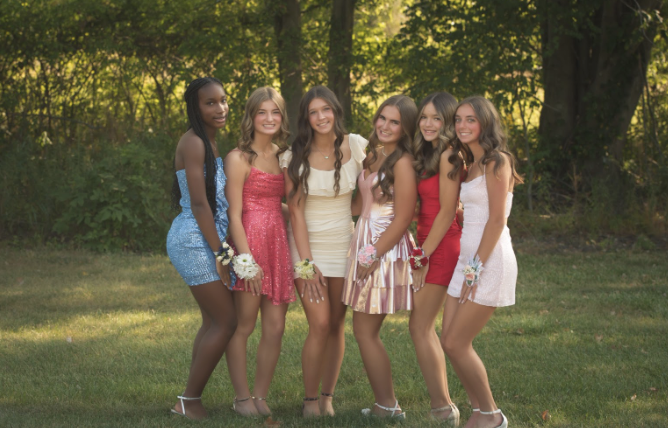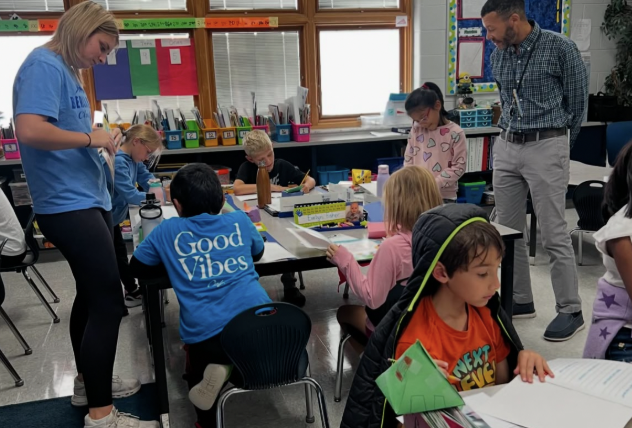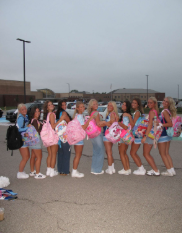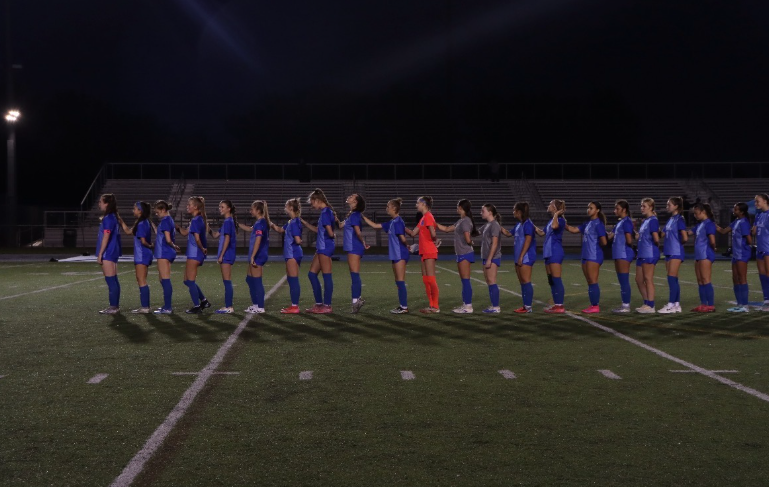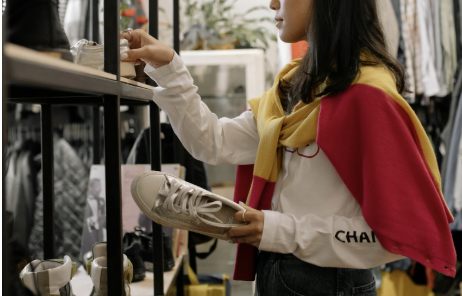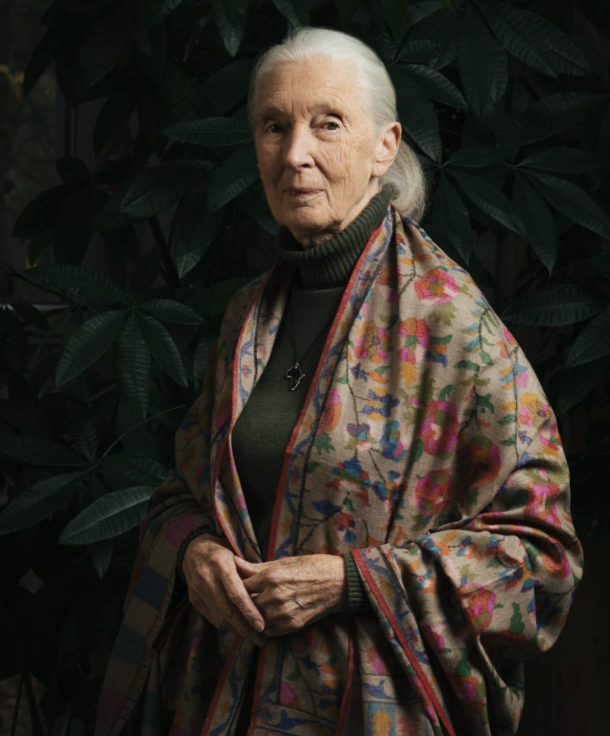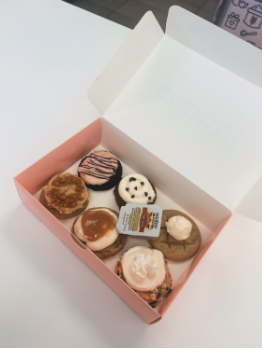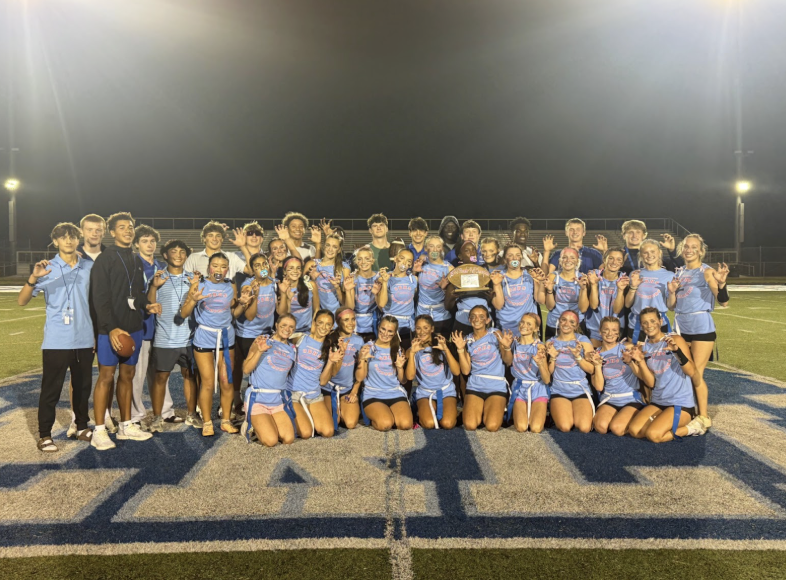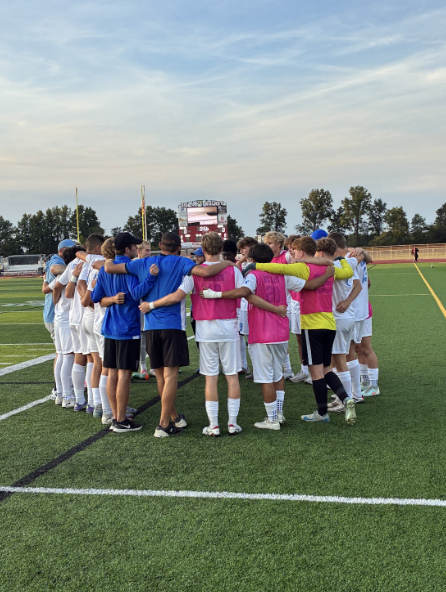
As part of the Generation Z (Gen Z) population, I have a lot of pride in my generation’s concern about global humanity issues. However, I am greatly disappointed by a large amount of my generation for the lack of research they do before they spread misinformation.
What I have noticed is that many will see an infographic or TikTok with information and immediately repost it to “spread awareness.” I think it’s great to spread important information, however, I am concerned by the speed with which a Gen Z teen will repost something without a fact-check.
One example of misinformation being spread is the claim that Starbucks supports Israel in the Israel-Palestine conflict. I have seen too many comments that claim “Starbucks directly funds Israel” (a real comment I saw on a post). When this initial boycott rose to light, I partook in it and cut down on my intake of their coffee in support of Palestine. However, it didn’t sit right with me that I took information from a post and believed it immediately. I did my own research and to no surprise, it was false. Starbucks never gave funding, food, or even verbal support to Israel. The rumor began due to a lawsuit in which Starbucks sued their union workers for a pro-Palestine post on the Starbucks Union Worker X account.
The lawsuit was for inappropriate use of media, not because they agreed or disagreed with a certain side. As a business, Starbucks is required to remain neutral on heavily controversial topics. They expressed that they side with “humanity,” which indicates they recognize the unnecessary slaughters that have taken place. However, many teens my age repost any and all information they see about the issue to “spread awareness” when in reality the spread of false information is harmful to both sides of the argument. However, nearly every time I have brought this up, I’ve been met with backlash and been accused of Zionism. There are some companies that have given food or funding to Israel, and if someone wants to boycott in support of Palestine successfully, I suggest they do their own research first to boycott brands that actively support what they are against.
Another example is the “TikTok ban.” While a bill has been passed to eventually shut down the app, nothing immediate will happen soon, and the app may be safe if it’s sold to a different owner; the current owner is a Chinese company known as ByteDance. There is no certainty of a ban, yet many took this news at face value and immediately panicked.
One thing I’ve learned from my experience in journalism over the past couple of years is to never take things at face value and always do my own research before I put something out for others to read. I strongly encourage that before you make an opinion on something, or before you click that repost button, you take a couple of seconds to go to Google, search the information, and find a reliable source that either confirms or denies it.



